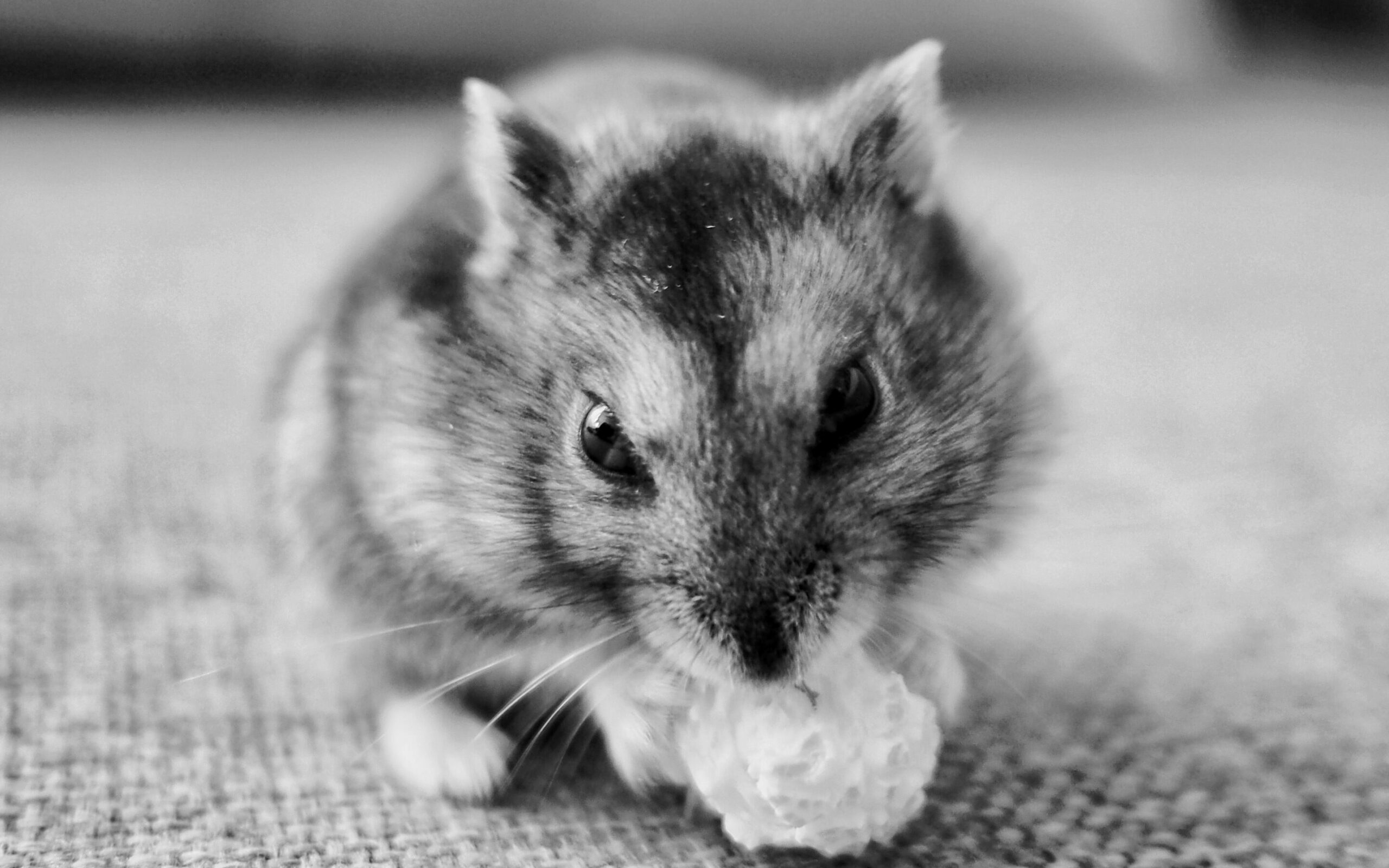Popcorn, a popular snack for humans, may not be the best choice for rats. While rats are omnivorous animals that can eat a wide variety of foods, including fruits, vegetables, grains, and protein sources, it’s important to be cautious when it comes to offering them popcorn.

Popcorn is made from corn kernels that are heated until they pop, creating a fluffy and crunchy snack. However, popcorn can pose potential risks to rats due to its characteristics and how it’s typically prepared.
One concern with offering popcorn to rats is the risk of choking. Popcorn can have hard, unpopped kernels that rats may try to eat, leading to the risk of choking or injuring their digestive tract. Rats have small throats, and hard and dry popcorn kernels can easily get stuck, causing respiratory distress or other complications.
Another concern is the potential for high salt, sugar, and unhealthy additives in popcorn. Many commercial popcorn products, such as microwave popcorn or pre-packaged popcorn, are often loaded with salt, sugar, artificial flavorings, and other unhealthy additives. These can be harmful to rats and may cause digestive issues, obesity, or other health problems.
Additionally, the crunchy texture of popcorn can be hard for rats to digest. Rats have a unique digestive system that is designed for a specific diet, and their stomachs may not be able to break down hard and fibrous foods like popcorn easily. This can lead to digestive discomfort, bloating, or even blockages in their digestive tract.
Furthermore, rats have specific nutritional requirements that need to be met for their optimal health. They require a balanced diet that includes the right amounts of protein, carbohydrates, fats, vitamins, and minerals. While popcorn may contain some carbohydrates, it may not provide the essential nutrients that rats need for their overall well-being.
It’s also important to consider the portion size and frequency of offering popcorn to rats. Rats have small bodies and fast metabolism, which means they require small, frequent meals throughout the day. Offering them excessive amounts of popcorn can lead to overeating, which can result in obesity and other health issues.
If you still want to offer popcorn to your rats as an occasional treat, there are some precautions you can take to minimize the risks. Here are some tips:
- Avoid popcorn with added salt, sugar, or unhealthy additives. Opt for plain, air-popped popcorn without any seasonings or coatings.
- Make sure the popcorn is fresh and not stale. Stale popcorn can be harder and more difficult to digest.
- Remove any unpopped kernels or hard pieces before offering popcorn to rats to reduce the risk of choking.
- Offer only small amounts of popcorn as an occasional treat, and not as a regular part of their diet. Rats should primarily be fed a balanced diet that meets their specific nutritional requirements.
- Monitor your rats closely for any signs of digestive discomfort or choking after offering them popcorn. If you notice any issues, discontinue offering popcorn and consult with a veterinarian.
In conclusion, while rats are omnivorous and can eat a variety of foods, popcorn may not be the best choice for them due to the potential risks of choking, high salt or sugar content, and the challenging texture for digestion. It’s important to exercise caution and offer popcorn in moderation, and always prioritize a balanced and nutritious diet for your rats to ensure their optimal health and well-being. If you have any concerns or questions about your rat’s diet, it’s best to consult with a veterinarian who can provide tailored advice based on your rat’s specific needs.